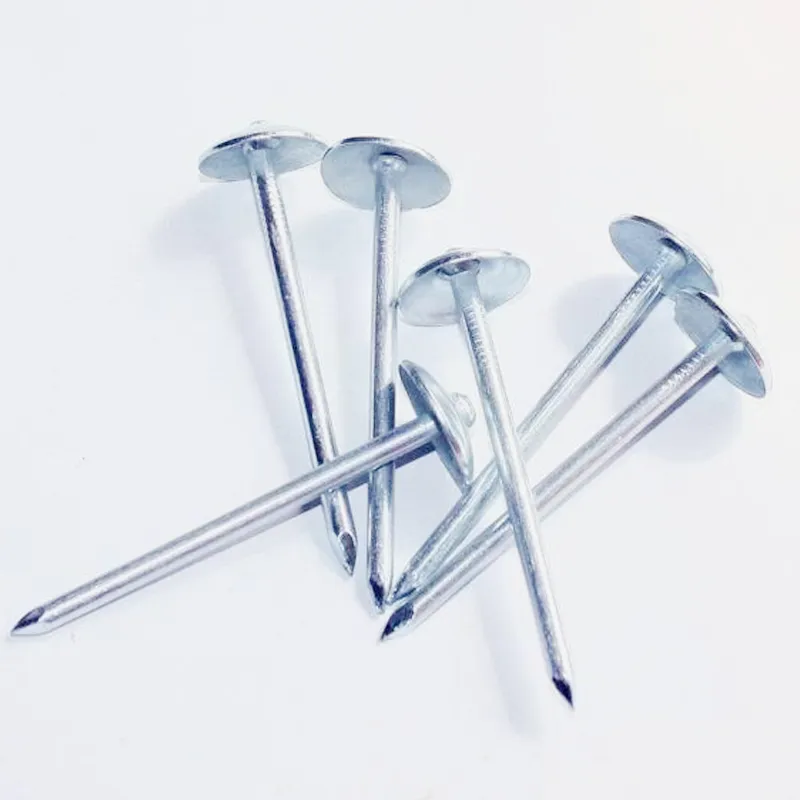Understanding GI Tie Wire A Comprehensive Overview
In the realm of construction and various DIY projects, one material that stands out for its versatility and reliability is GI (Galvanized Iron) tie wire. With a specific focus on 12-gauge GI tie wire, this article will delve into its characteristics, applications, benefits, and some important considerations when using it.
What is GI Tie Wire?
GI tie wire is made from iron that has been coated with a layer of zinc to prevent corrosion, a process known as galvanization. The '12' in 12-gauge refers to the wire's thickness; specifically, it measures approximately 0.0808 inches in diameter. This type of wire is typically used for a variety of tasks in construction, agriculture, and other industrial applications due to its strength and durability.
Key Characteristics
1. Corrosion Resistance One of the main advantages of using GI tie wire is its ability to resist rust and corrosion thanks to the galvanization process. This makes it particularly suitable for outdoor applications, where exposure to moisture and other weather elements could significantly degrade uncoated materials.
2. Strength and Flexibility 12-gauge GI tie wire strikes an ideal balance between strength and flexibility. It is robust enough to hold heavy materials together, yet flexible enough to be easily manipulated, twisted, and shaped according to various construction needs.
3. Ease of Use The wire can be easily cut, twisted, or bent, making it a favorite choice among professionals and DIY enthusiasts alike. It can be handled without the need for specialized tools, adding to its practicality.
Applications of 12-Gauge GI Tie Wire
GI tie wire is employed in a multitude of applications, reflecting its versatility
1. Construction In construction, it’s commonly used to tie rebar together for the reinforcement of concrete structures. Its ability to hold weight and create strong bindings is vital for ensuring structural integrity.
2. Fencing GI tie wire serves as an essential component in the assembly of chain-link fences. It can be used to attach fencing material securely to posts and other structures.
3. Agriculture Farmers often utilize GI tie wire for supporting plants, binding hay bales, and constructing fencing to keep livestock secure. Its durability in outdoor conditions makes it a practical solution for agricultural needs.
gi tie wire 12

4. Crafting and DIY Projects Beyond industrial use, many crafters and DIY enthusiasts appreciate GI tie wire for its adaptability in various projects, from creating sculptures to building models.
Benefits of Using GI Tie Wire
1. Cost-Effectiveness GI tie wire is relatively inexpensive, making it an economical choice for both large-scale projects and small-scale repairs. Its longevity further enhances its cost-effectiveness, as it reduces the need for frequent replacements.
2. Availability This wire is widely available in hardware stores, home improvement centers, and online retailers. Its accessibility ensures that those in need of durable tying solutions can easily procure it.
3. Recyclability Being made from iron, GI tie wire can be recycled. This attribute is significant for environmentally conscious consumers looking to minimize waste.
Considerations When Using GI Tie Wire
While GI tie wire boasts numerous advantages, there are aspects to consider to ensure safe and efficient use
1. Wire Gauge Selection Depending on the specific demands of a project, choosing the right gauge is crucial. Thicker wires provide greater strength but may be more challenging to twist and manipulate.
2. Working Conditions Though GI wire offers corrosion resistance, prolonged exposure to highly corrosive environments (like coastal areas or industrial zones) may eventually affect its performance. In such cases, considering additional protective measures or alternative materials may be wise.
3. Safety Precautions Cut ends of wire may have sharp edges, posing a risk of cuts or scrapes. Wearing protective gloves during handling is recommended to ensure safety.
Conclusion
In summary, 12-gauge GI tie wire is an indispensable material in construction, agriculture, and DIY projects. Its unique properties of corrosion resistance, strength, and flexibility make it a reliable choice for various applications. Whether you are a professional contractor or a hobbyist working on a simple project, understanding the characteristics and proper usage of GI tie wire will empower you to achieve effective and enduring results in your endeavors.

















